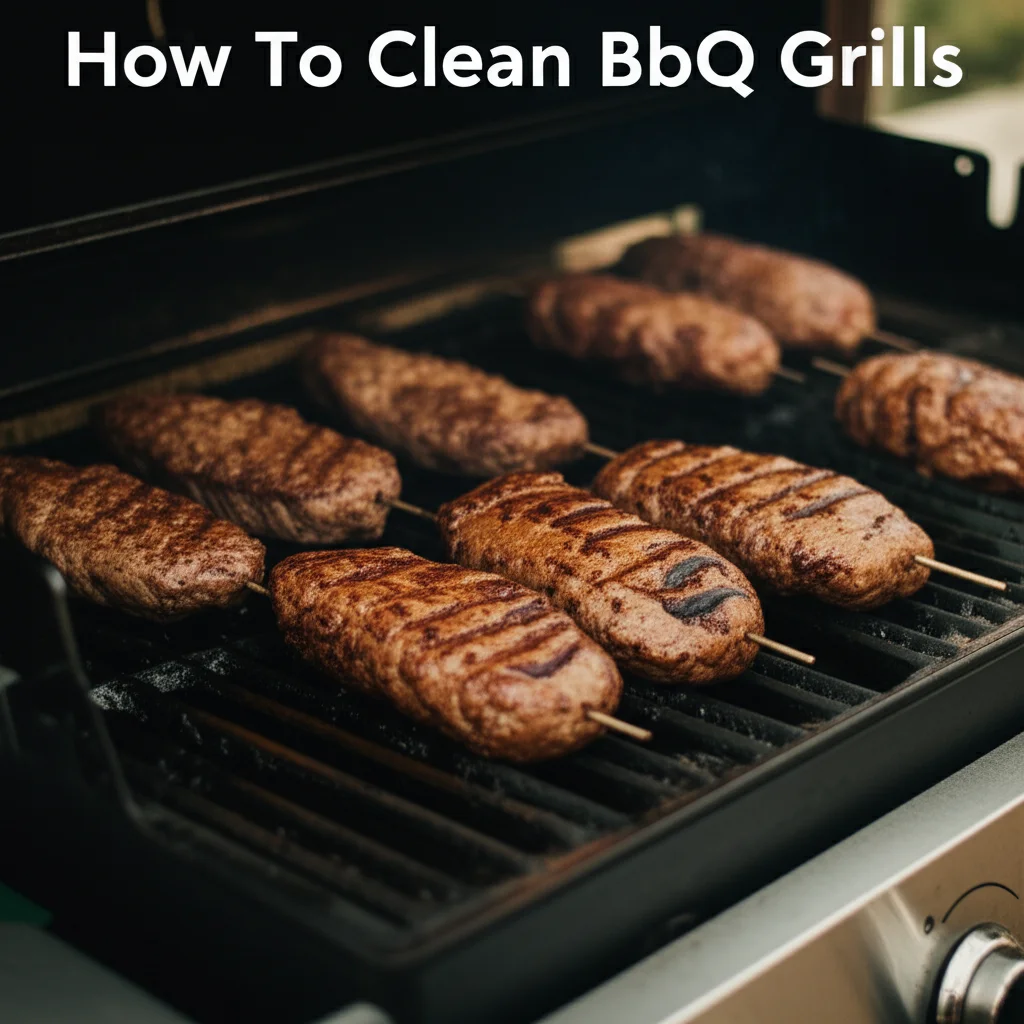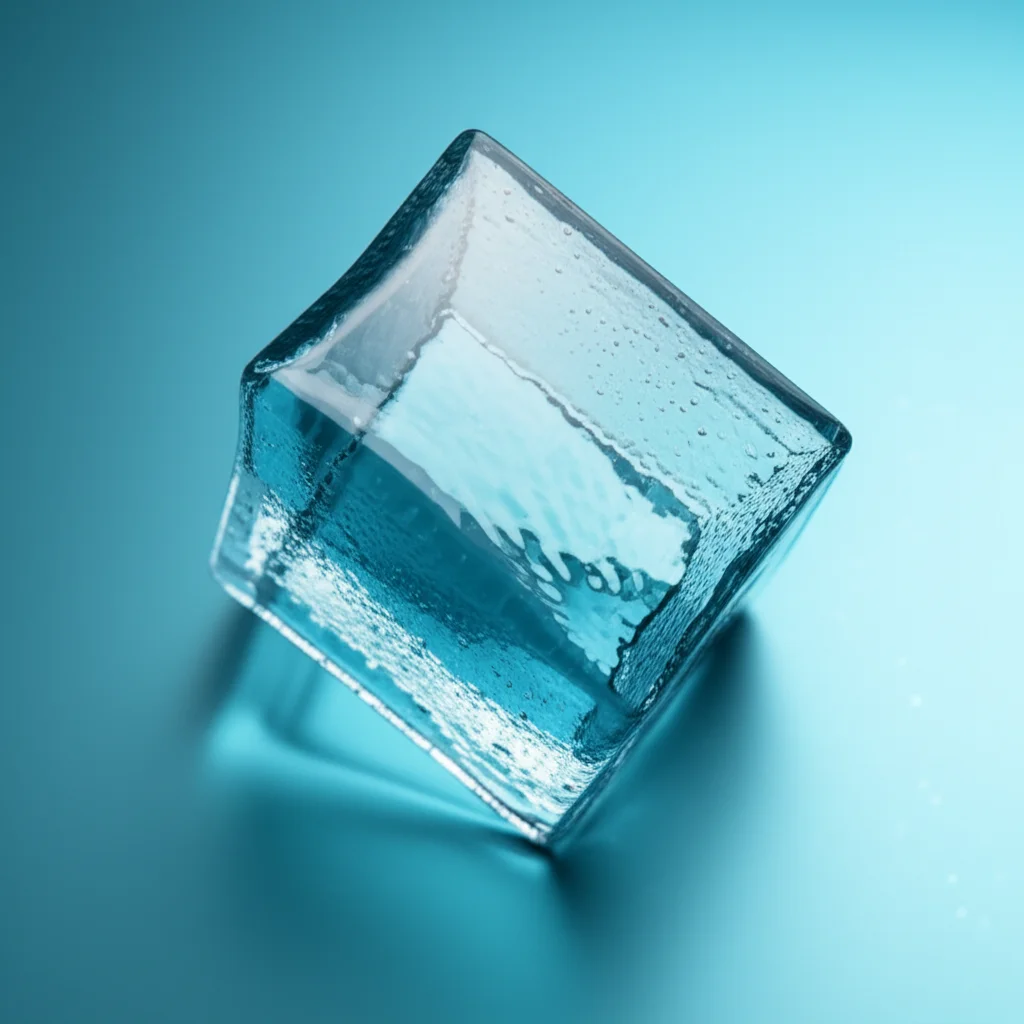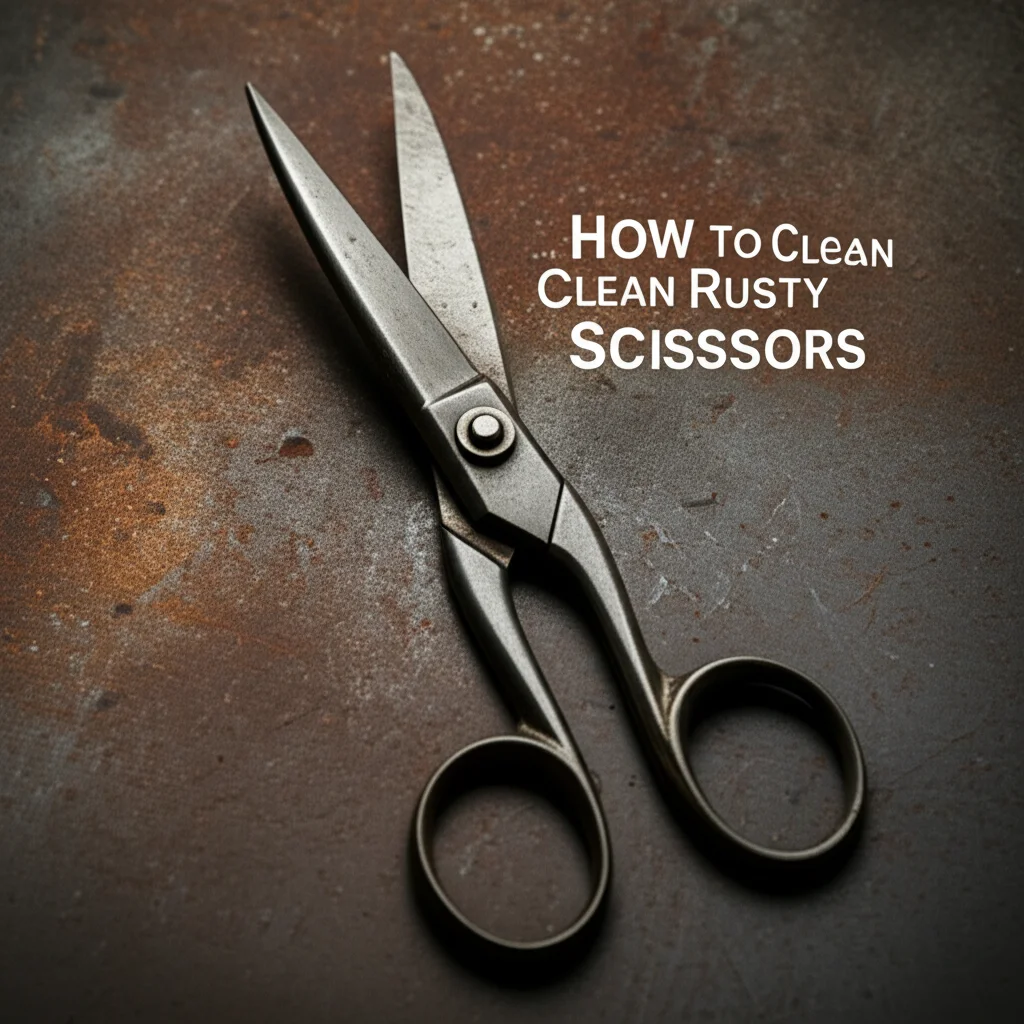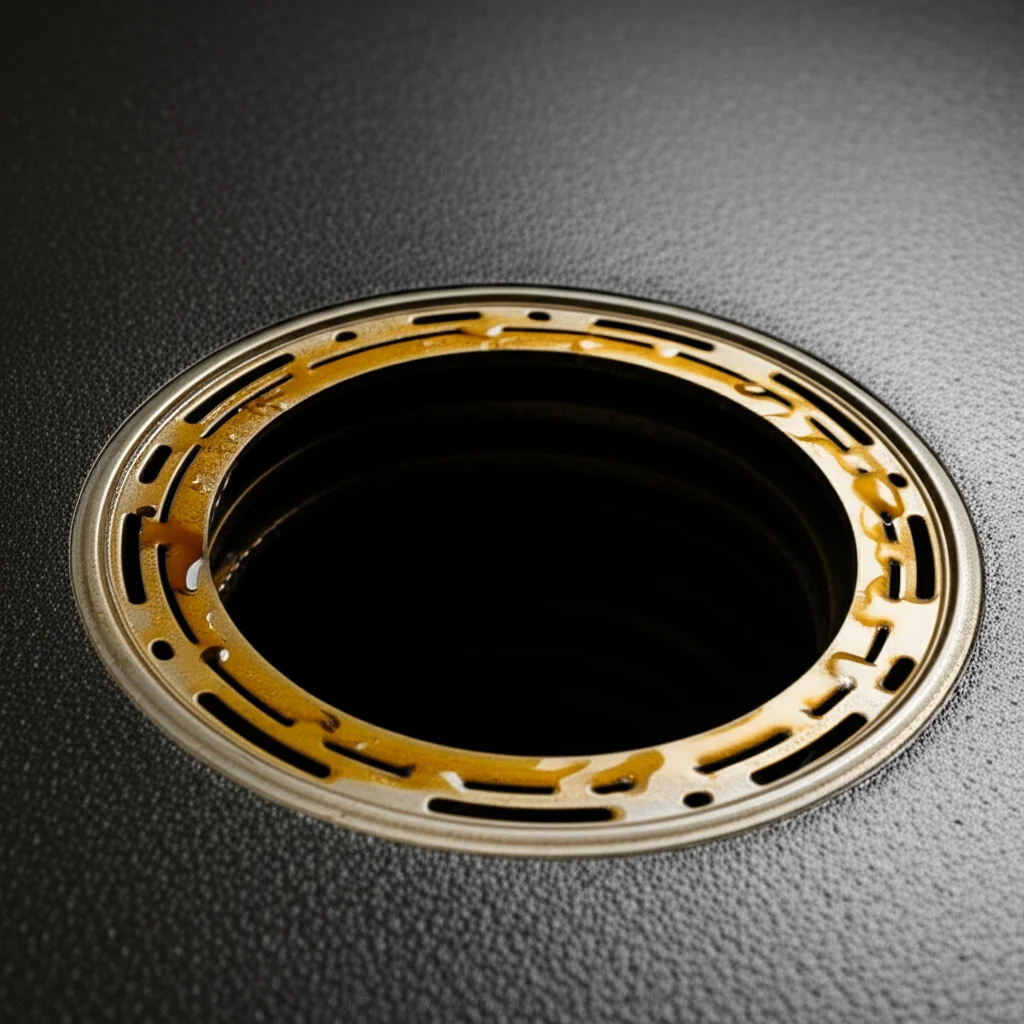· Todd Martin · Home Maintenance · 15 min read
How To Clean Bbq Grills

How to Clean BBQ Grills for Optimal Grilling
There is nothing quite like the sizzle of food on a hot grill. A well-maintained BBQ grill does not only look better but also performs better. Regular cleaning extends the life of your grill and makes your food taste amazing. Neglecting your grill leads to stuck-on food, rust, and uneven cooking. This guide shows you how to clean BBQ grills thoroughly, ensuring delicious meals every time. We will cover methods for gas and charcoal grills, discuss essential tools, and share important maintenance tips. Get ready to transform your grilling experience with a sparkling clean BBQ.
Takeaway
- Clean after every use: Scrape grates while warm.
- Deep clean regularly: Perform a thorough cleaning every few months.
- Protect from elements: Use a grill cover.
- Address rust promptly: Remove rust before it spreads.
- Use proper tools: Invest in good brushes, degreasers, and cloths.
A clear, concise answer to the main query
To effectively clean BBQ grills, first scrape warm grates to remove food residue. For gas grills, burn off debris, then scrub. For charcoal grills, empty ash and clean components. Use appropriate cleaning solutions and tools, focusing on grates, drip pans, and exterior surfaces for a hygienic and efficient grilling experience.
Why Regular BBQ Grill Cleaning Matters
Keeping your BBQ grill clean is more important than many people realize. A clean grill cooks food better. When you cook on a dirty grill, old food particles stick to your new meal. This impacts the flavor and can even cause uneven cooking. Nobody wants a burger that tastes like last week’s burnt chicken.
Grill cleaning prevents flare-ups. Grease and food drippings build up over time. When these ignite, they create dangerous flames that can burn your food. Regular cleaning removes these fire hazards. It makes your grilling safer for everyone involved.
Cleaning also extends the lifespan of your grill. Leftover food, grease, and moisture lead to rust and corrosion. This damage can ruin parts of your grill, like the grates or burners. Replacing these components is expensive. Taking a few minutes to clean your grill after each use saves you money. A clean grill works efficiently for years. This investment in maintenance ensures your outdoor cooking enjoyment lasts.
Essential Tools and Cleaning Supplies
Having the right tools makes cleaning your BBQ grill much easier. You do not need a lot of fancy equipment. Basic items do the job effectively. A sturdy grill brush is a must-have. Look for one with strong bristles, either wire or bristle-free. Bristle-free brushes are safer as they prevent bristles from breaking off and sticking to your food.
You will also need a scraper. Some grill brushes come with a scraper built-in. This tool helps remove stubborn, burnt-on food. Heavy-duty gloves protect your hands from grease and cleaning solutions. Dish soap and warm water are excellent for general cleaning. For tough grease, a degreaser works wonders. You can find specialized grill degreasers or use household options.
Consider natural cleaning agents too. White vinegar and baking soda are powerful cleaners. Vinegar cuts through grease and grime. Baking soda acts as a mild abrasive. A bucket for mixing solutions and several sponges or rags will also be useful. For the exterior, especially if you have a stainless steel grill, a microfiber cloth and stainless steel cleaner will keep it shiny. Proper tools make the task of grill cleaning simple and effective.
Step-by-Step Guide to Cleaning a Gas BBQ Grill
Cleaning a gas BBQ grill requires a systematic approach. Following these steps ensures a thorough clean without damaging your grill. Always start with safety. Ensure your grill is off and completely cooled down. Disconnect the propane tank if you have one.
Initial Burn-Off and Grate Cleaning
First, preheat your grill to high for 10-15 minutes. This turns food residue into ash. Then, turn off the grill and let it cool slightly. While still warm but safe to touch, use a sturdy grill brush to scrape the grates. Push the ash and charred bits into the grease tray. For very stubborn bits, a putty knife or scraper can help. You want to remove as much visible residue as possible from your BBQ grate.
Cleaning Flavorizer Bars and Burners
Remove the grill grates and set them aside. Carefully lift out the flavorizer bars (also called heat tents). Scrape off any burnt-on food or grease from these bars using a scraper or a wire brush. Check the burner tubes. Make sure the small ports are clear of debris. Use a stiff wire or a paper clip to clear any blocked holes. This ensures even flame distribution.
Cleaning the Firebox and Drip Pan
Look inside the firebox. This is where most of the grease and food particles collect. Use a putty knife or plastic scraper to push all debris down into the bottom tray. Remove the drip pan (grease tray). Empty out the contents. Wash the drip pan with warm, soapy water. For stubborn grease stains, a degreaser works well. Rinse it thoroughly and let it dry completely before putting it back.
Cleaning the Exterior and Final Assembly
Wipe down the inside of the firebox with a damp cloth. For the exterior of your gas grill, use a mild dish soap and warm water solution. Wipe down all surfaces. If your grill is made of stainless steel, use a specialized stainless steel cleaner. Always wipe in the direction of the grain to prevent streaks. Once all parts are clean and dry, reassemble your grill. Put the drip pan back, then the flavorizer bars, and finally the grill grates. Your gas BBQ grill is now ready for its next cookout.
How to Clean a Charcoal BBQ Grill Thoroughly
Cleaning a charcoal BBQ grill is different from cleaning a gas grill. The main difference lies in handling the ash and char. This type of grill is known for its smoky flavor. Regular cleaning is key to keeping that flavor pure and preventing rust.
Ash Removal and Bowl Cleaning
First, ensure your grill is completely cool. Never clean a hot charcoal grill. Remove the cooking grate and the charcoal grate. Empty all the ash from the bottom bowl into a metal can. Ash absorbs moisture and can cause rust if left in the grill. Use a scoop or a small brush to get all the ash out. Wipe the inside of the bowl with a damp cloth to remove any remaining ash or residue. For tougher stains, use a sponge with mild dish soap and warm water.
Cleaning Grates and Lid
The cooking grates often have stuck-on food. For easy cleaning, you can soak them in a large bucket with hot, soapy water for 30 minutes to an hour. Then, scrub them with a stiff brush or a specialized BBQ grate cleaner. Rinse thoroughly. The charcoal grate also needs cleaning. Remove any burnt charcoal pieces and scrub it down. For the lid, a common issue is black, flaky residue. This is creosote buildup from smoke. Scrape it off with a plastic scraper. You can wipe it with a damp cloth. Avoid harsh chemicals on the lid’s inside, as they can absorb into your food.
Exterior Cleaning and Rust Prevention
Wipe down the outside of your charcoal grill with warm, soapy water. Use a microfiber cloth for a streak-free shine. Pay attention to the legs and wheels. Ensure they are free of dirt and grime. After cleaning, make sure all parts are completely dry. If you see any signs of mold on grill surfaces, address it immediately with a vinegar solution. Apply a light coat of cooking oil to the grates. This helps prevent rust and seasons the grates. Store your charcoal grill with a cover. This protects it from the elements and keeps it clean for your next grilling session.
Deep Cleaning Your BBQ Grill: Tackling Stubborn Messes
Sometimes, a regular clean is not enough. Your BBQ grill might accumulate tough grease, carbon buildup, or even rust over time. A deep clean restores your grill’s performance and appearance. This process takes more time but yields significant results.
Disassembly and Soaking Grates
Start by disassembling your grill as much as possible. Remove grates, flavorizer bars, heat deflectors, and drip pans. For heavily soiled grates, consider soaking them overnight. You can use a large plastic tub or even a heavy-duty trash bag. Fill it with hot water and add a generous amount of heavy-duty degreaser or dish soap. For a natural alternative, a mix of white vinegar and baking soda forms a powerful cleaning paste. Cover the grates with this paste, let it sit for a few hours, or even overnight. This softens baked-on food and grease, making it easier to scrub away.
Tackling Interior Carbon Buildup
Inside the firebox, carbon and grease can build up over time. Use a plastic scraper or a putty knife to carefully scrape away the thick layers. Avoid metal scrapers on porcelain-coated surfaces, as they can scratch. For extremely stubborn spots, a non-toxic oven cleaner designed for grills can be effective. Always test in an inconspicuous area first. Follow the product instructions carefully. Ensure proper ventilation when using strong cleaners. After scraping, wipe down the interior with a warm, soapy cloth. Rinse thoroughly to remove any chemical residue.
Addressing Rust and Exterior Restoration
Rust is a common issue, especially on older grills. Minor rust spots on grates can often be removed with a wire brush. For more pervasive rust on metal surfaces, consider using a rust remover product. Always follow product guidelines and wear appropriate safety gear. After removing rust, protect the metal with high-heat paint or a thin layer of cooking oil. For the exterior, especially if it is stainless steel, use a specialized cleaner and polish. Wipe with a microfiber cloth to prevent streaks. This deep cleaning process not only cleans but also protects your grill, ensuring it remains a centerpiece for your outdoor cooking adventures for many seasons to come.
Preventative Maintenance for Your BBQ Grill
Keeping your BBQ grill in top condition involves more than just cleaning after a mess. Preventative maintenance saves you time and effort in the long run. It helps avoid major problems like rust and component failure. A few simple habits can make a big difference.
Pre-Heating and Post-Cook Scrapes
Always preheat your grill before cooking. This burns off any minor food residue from the previous session. It also gets your grates hot for better searing. After cooking, while the grates are still warm (but not scalding hot), use a grill brush to scrape off any stuck-on food. This is the easiest time to clean them. Food hardens as it cools, making it much tougher to remove. Think of it as a quick touch-up after every use. This simple habit dramatically reduces the need for deep cleaning. It also keeps your grill ready for the next use.
Seasoning Grates and Using a Grill Cover
Seasoning your grill grates helps prevent food from sticking and protects against rust. After cleaning, apply a thin layer of high-smoke-point cooking oil (like vegetable or canola oil) to the grates. You can use a paper towel dipped in oil, holding it with tongs. Heat the grill for about 15-20 minutes after oiling. This creates a protective, non-stick layer. Repeat this process every few uses or after a deep clean. Always use a grill cover when your BBQ is not in use. A good quality, waterproof cover protects your grill from rain, snow, dust, and UV rays. This prevents rust and keeps the exterior looking new.
Regular Inspections and Component Care
Periodically inspect your grill’s components. For gas grills, check hoses for cracks and connections for leaks. A simple soapy water test can detect gas leaks. Look at the burners to ensure all ports are clear. For charcoal grills, check the vents for smooth operation. Make sure no large ash chunks are blocking them. Clean out the ash catcher regularly. Address any signs of rust early. Small rust spots can be sanded and touched up before they spread. If you notice any components showing significant wear, consider replacing them. This proactive approach to grill maintenance keeps your BBQ functioning safely and efficiently for many years. It is an investment in your grilling enjoyment.
Common BBQ Grill Cleaning Mistakes to Avoid
Cleaning your BBQ grill seems straightforward. However, many people make common mistakes that can damage the grill or reduce its effectiveness. Knowing what to avoid is as important as knowing what to do. This ensures a long life for your grill.
Cleaning a Cold Grill
One of the biggest mistakes is trying to clean a grill when it is completely cold. Burnt-on food and grease become rock-hard once cooled. Scraping a cold grill is much harder and less effective. It also requires more effort and can damage the grates. Always clean your grates while they are still warm after cooking. The heat softens the residue, making it easy to scrape off. For a deep clean, a high-heat burn-off before cooling helps as well.
Using Harsh or Abrasive Cleaners
Using the wrong cleaning products can harm your grill. Avoid harsh chemicals, oven cleaners not specified for grills, or abrasive scrubbers on delicate surfaces. Many grill grates, especially porcelain-coated ones, can be scratched or stripped by strong chemicals or wire wool. Scratches create areas where food sticks easily and rust can form. Always choose cleaners designed for grills or stick to mild dish soap and natural alternatives like vinegar and baking soda. For stove grills, similar caution applies regarding abrasive cleaning.
Neglecting Internal Components
Focusing only on the grates is another common oversight. The inside of your grill, including flavorizer bars, heat deflectors, and the firebox, collects significant grease and food particles. Ignoring these areas leads to flare-ups, uneven heating, and accelerated wear. Make sure to clean these internal components regularly. Remove the grates and scrape down all surfaces. The drip pan is also often neglected. A full drip pan is a fire hazard. Regularly empty and clean it.
Skipping Rust Prevention
Allowing rust to form is a major mistake. Moisture and food residue combine to create rust, especially on cast iron grates or steel components. After cleaning, always ensure your grill is completely dry. Season cast iron grates with cooking oil to create a protective barrier. Store your grill with a durable grill cover. Protecting your grill from the elements prevents rust. This extends its life significantly. Avoiding these common mistakes helps your grill remain in excellent condition.
FAQ Section
How often should I deep clean my BBQ grill?
You should deep clean your BBQ grill at least twice a year. For frequent grillers, aim for a deep clean every two to three months. This removes stubborn buildup, prevents rust, and ensures your grill performs at its best. Regular maintenance after each use helps reduce the frequency of deep cleans.
Can I use a pressure washer to clean my BBQ grill?
Using a pressure washer on a BBQ grill is generally not recommended. The high pressure can damage delicate components, strip protective coatings, or force water into areas that are difficult to dry, leading to rust. Stick to manual scrubbing with appropriate tools and cleaning solutions for safety and effectiveness.
What is the best way to clean rusty grill grates?
For light rust, a wire brush and a mixture of white vinegar and baking soda can be effective. For heavier rust, you might need a rust-specific cleaner or even a wire brush attachment on a drill. Always season the grates with cooking oil after cleaning to prevent future rust.
Is it safe to clean my grill with oven cleaner?
Only use oven cleaner if it is specifically labeled safe for use on BBQ grills. Many oven cleaners contain harsh chemicals that can damage grill finishes, especially porcelain enamel. Always read the product label carefully and follow instructions for proper ventilation and personal protective equipment.
How do I prevent mold from growing on my grill?
To prevent mold, always clean your grill thoroughly after use, ensuring all food residue and grease are removed. Let the grill cool completely and dry thoroughly before covering it. Store your grill in a dry, well-ventilated area. If you find mold on your grill, a solution of vinegar and water can help remove it.
What if I don’t have a grill brush? How can I clean my grates?
If you do not have a grill brush, you can use aluminum foil crumpled into a ball and held with tongs. This works as an abrasive scrubber. Half an onion or a lemon rubbed on hot grates can also help. For burnt-on messes, a flat-edge scraper is useful. You can also look for specific advice on how to clean a grill without a brush.
Conclusion
Cleaning your BBQ grills is not just a chore; it is an essential part of grilling. A clean grill means better-tasting food and safer cooking. We have explored simple yet effective methods for both gas and charcoal models. From initial scraping to deep cleaning sessions, each step contributes to your grill’s longevity and performance. Remember to use the right tools and avoid common mistakes.
Regular grill maintenance saves you time and money. It prevents costly repairs and keeps your outdoor cooking experiences enjoyable. A sparkling clean grill invites you to cook more often. Take pride in your grill’s appearance and functionality. By following this comprehensive guide, you can ensure your BBQ grill is always ready for your next culinary adventure. Invest a little time in cleaning, and your grill will reward you with years of delicious meals.
- bbq grill cleaning
- grill maintenance
- outdoor grill
- cleaning tips
- rust prevention
- grease removal





